
Francine Kaufman, M.D.
Vice President of Global Affairs

Vice President of Global Affairs
I became vice president of global affairs for Medtronic Diabetes in January 2009 after 30 years at Childrens Hospital Los Angeles, where I served as head of the Center for Endocrinology, Diabetes and Metabolism. I am a Distringuished Professor Emeritus of Pediatrics at the USC Keck School of Medicine and of Communications at the USC Annenberg School for Communications & Journalism. I am also one of the founding advisory board members for The California Endowment Health Journalism Fellowships.
I'm a communicator at heart -- book author of "Diabesity: The Obesity-Diabetes Epidemic That Threatens America - And What We Must Do to Stop It."
I collaborated with Discovery Health on a documentary, "Diabetes: A Global Epidemic," that premiered in November 2007.
I am a past president of the American Diabetes Association and a recipient of the 2003 Woman of Valor award for lifetime achievement in pediatric endocrinology and research from the American Diabetes Association. I was elected to the Institute of Medicine in 2005.
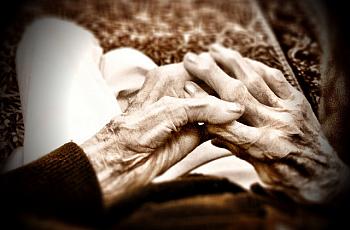
A physician turns to fiction to show how demanding caring for a loved one in the period before death can be, and how difficult it is to infuse the process with dignity.
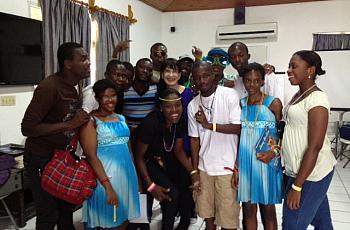
Haiti is like a mix-master for our emotions. We are thrilled to be here and feel we helped make this camp possible and so potentially transformative for these kids. But no matter what we do, the kid’s diabetes control is still so incredibly poor.
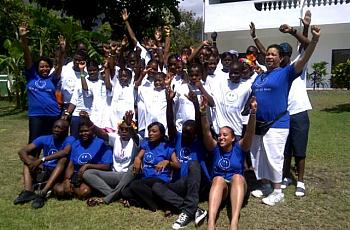
In many ways, diabetic children in Haiti seem just like other children around the world facing this disease. Then, they talk about not being able to get to the doctor, or not having all the medicine they need, and they distinguish themselves as being different from most others across the globe.
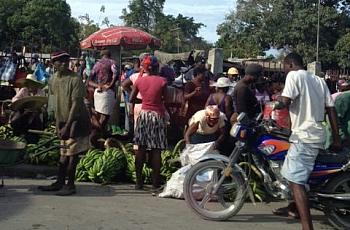
When the 43 campers first arrived, they sat patiently in their chairs for over 45 minutes while we assessed their diabetes and overall status. It was boring, but not one of them complained.
<p>"We have left Haiti, but in many ways Haiti has not left us." A diabetes expert reflects on her medical mission to the still-recovering country.</p>
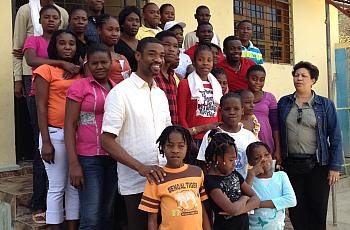
<p>For diabetic children, diabetes camp can be a place to play and learn more about their disease. But what if the camp is in earthquake-ravaged Haiti? An American diabetes specialist describes what it's like.</p>
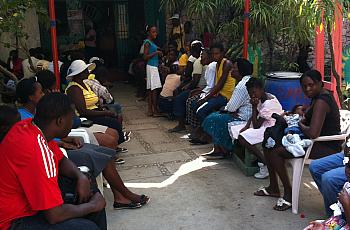
<p>An American doctor visiting Haiti on a medical mission assesses diabetes care in the still-ravaged country. </p>
<p>Our final full day in Haiti is today. We went to the mountains with two board members of FHADIMAC, and from a high perch, the city of Port-au-Prince below looked like paradise. But as we descended the mountain, winding out of our way and close to the edge to avoid debris, reality came back to us.</p>
<p>There was a 20-year-old man. He was like a skeleton and breathing like a chimney. He looked chronically ill. He was seen two weeks ago and given insulin. However the nuns in the orphanage where he lives didn't give it to him because they feel he has TB not diabetes.</p>
<p>Today I lectured at the medical school. It is on a hill in a UNICEF tent. It was over 100 degrees in the "test classroom" while I was lecturing. The students took handwritten notes and copied down every word I said.</p>